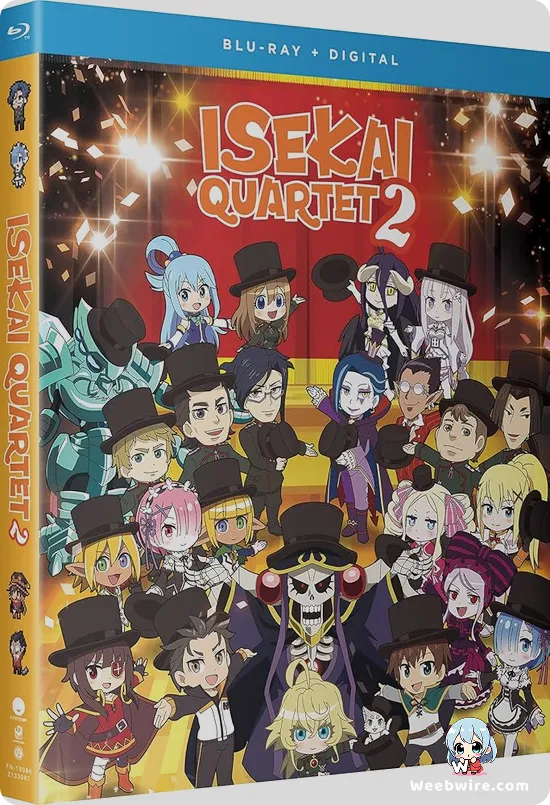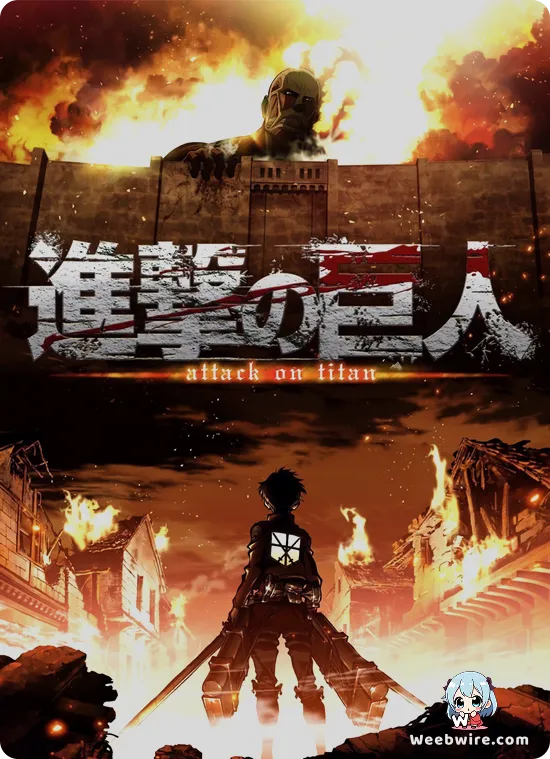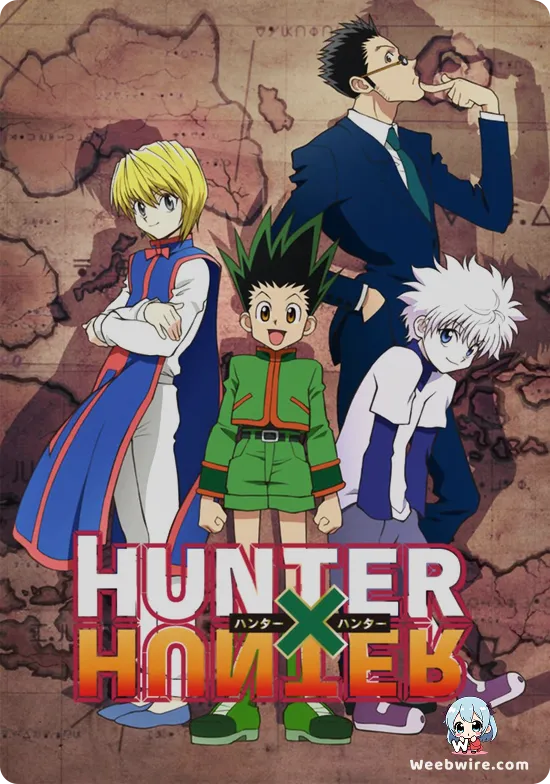
Back to Anime List

© Studio PuYUKAIwww.crunchyroll.com
Overview
Isekai Quartet 2 continues the highly successful chibi-style comedy crossover series, uniting the diverse protagonists and supporting casts from four major Isekai franchises: KonoSuba, Overlord, Re:Zero – Starting Life in Another World, and The Saga of Tanya the Evil. The second season picks up where the first left off, maintaining the mysterious high school setting where these powerful beings are forced into the mundane roles of students. The core premise revolves around the humorous dissonance created when characters with vastly different moral codes, power levels, and worldviews—ranging from the skeletal Overlord Ainz Ooal Gown and the war-obsessed Tanya Degurechaff, to the ineffective goddess Aqua and the perpetually suffering Subaru Natsuki—must interact as classmates. The major addition to this season is the introduction of the main trio from The Rising of the Shield Hero: Naofumi Iwatani, Raphtalia, and Filo, who are also inexplicably summoned to the same school. This expansion introduces new character dynamics, particularly showcasing Naofumi's cynicism and protectiveness contrasting with the established chaos. The narrative structure follows typical slice-of-life school tropes, including stressful exam periods, the chaos of Valentine's Day preparations, spirited school festivals, and the preparation for a theatrical school play. Themes explored include the universal struggle of mandatory education, the absurdity of adapting high fantasy rules to a modern environment, and the surprisingly humanizing effect the school setting has on even the most formidable entities. Animated by Studio PuYUKAI in a distinct, endearing chibi aesthetic, each episode runs approximately 11 minutes, ensuring rapid-fire gag delivery and efficient pacing across the 12-episode run.
Opinion
Isekai Quartet 2 is a strong follow-up that successfully capitalizes on the comedic potential inherent in its expansive roster, maintaining the high standard set by its predecessor. The animation, handled by Studio PuYUKAI, utilizes the simplified, expressive chibi style effectively. This aesthetic choice is fundamental to the series' humor, creating visual irony by rendering terrifying entities like Ainz Ooal Gown and highly dangerous individuals like Tanya into adorable, diminutive students. The pacing is expertly managed by the 11-minute episode format; this brevity ensures that every scene is focused entirely on delivering gags or advancing minor character interactions, preventing any segment from feeling drawn out or repetitive. Character development, while light, focuses on exploring the relationships between the casts, such as the growing rivalry between Tanya and Kazuma, or the unique friendship dynamic forming between the various female supporting characters. The integration of The Rising of the Shield Hero cast, while initially feeling slightly peripheral, offers valuable new perspectives and comedic foils, particularly highlighting the contrast between Naofumi's guarded nature and the outright absurdity of his new classmates. The voice acting ensemble is consistently stellar, with the original Japanese cast members reprising their roles and demonstrating excellent comedic timing, essential for selling the punchlines derived from personality conflicts. The thematic depth remains lighthearted, focusing primarily on the absurdity of forced cooperation and the universality of school experiences, successfully translating complex power dynamics into simple classroom struggles. Overall, the season delivers an enjoyable, high-quality comedic experience.
Characters
Megumin
Voice: Rie Takahashi
Darkness
Voice: Ai Kayano
Aqua
Voice: Sora Amamiya
Kazuma Satou
Voice: Terashima Takuma
Ainz Ooal Gown
Voice: Marc Diraison
Albedo
Voice: Yumi Hara
Tanya Degurechaff
Voice: Jad Saxton
Subaru Emilia
Voice: Yusuke Kobayashi
Shalltear Bloodfallen
Voice: Ayaneru
Rem
Voice: Rie Takahashi
Raphtalia
Voice: Lara Woodhull
Naofumi Iwatani
Voice: Adam Gibbs
Filo
Voice: Jād Saxton
Credits
Studio
Studio PuYUKAI
Cover Art
Studio PuYUKAI
Publisher
Kadokawa Corporation
Producers
Kadokawa Corporation, Studio PuYUKAI
Episodes
Season 1
24 episodesInformation
StatusCompleted
Total Episodes24
Duration11 min
Rating7.36
ReleasedWinter 2020
Seasons2
Genres
ComedyFantasySlice of LifeSchoolCrossover
Related Anime

Fullmetal Alchemist: Brotherhood
Spring 2009★ 9.2
ActionAdventure+2

Haikyu!!
Spring 2014★ 9.1
ComedyDrama+3

Attack on Titan
Spring 2013★ 9
ActionAdventure+2

Hunter x Hunter Story, Characters, Revival News, & Similar Anime
Fall 2011★ 9
ActionAdventure+3

Gintama.: Slip Arc
Fall 2017★ 8.9
ActionComedy+2

Hajime no Ippo: The Fighting!
Fall 2000★ 8.9
ComedyDrama+1